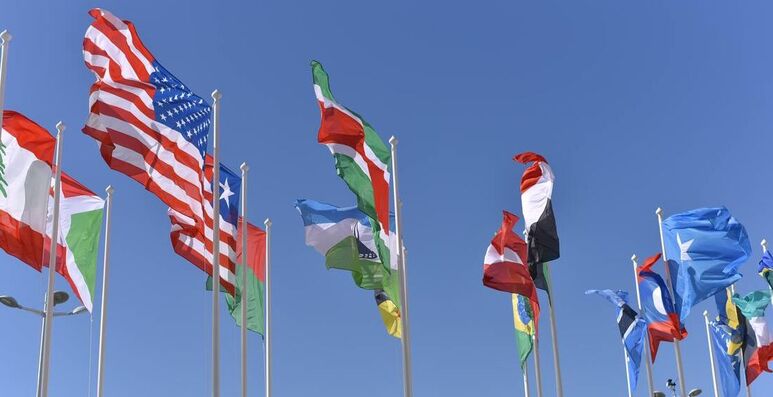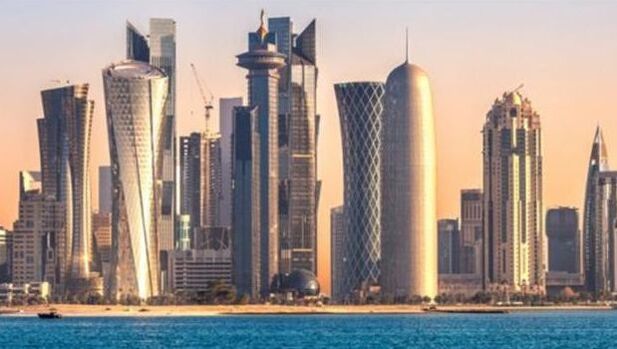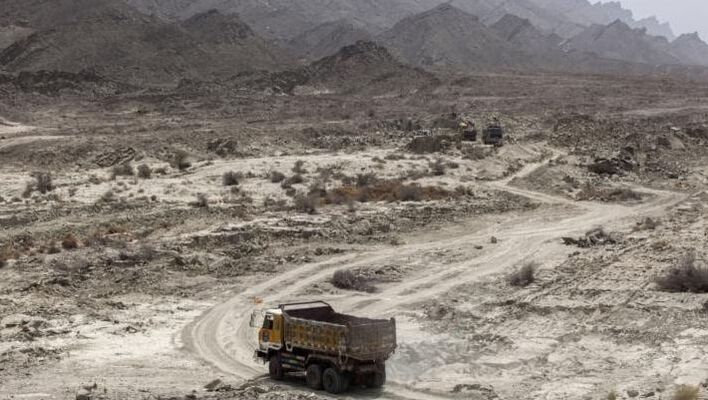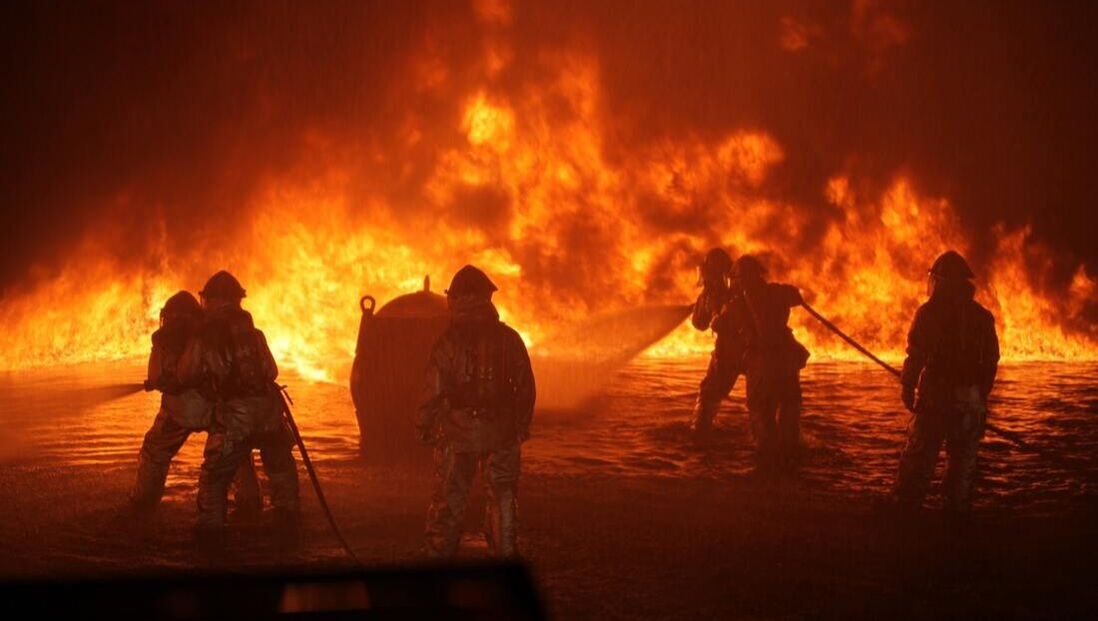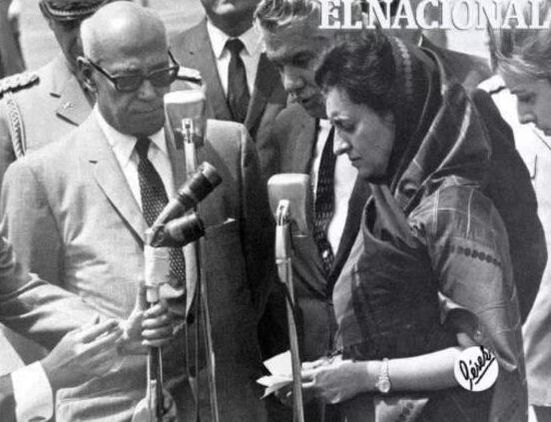If anything about the future is certain, it is this: the amount of energy that the world consumes will continue to increase. This insatiable demand for power inevitably leads to competition and sometimes conflict:
- Can each nation acquire enough energy to meet the needs of its population?
- Can each nation protect the security of its energy system? And ...
- How will a changing climate impact the way each nation answers the above questions?
Recommended Articles
|
Qatar
We'd Rather Quit OPEC Few people would have heard of the tiny Persian Gulf monarchy, with just 300,000 citizens. Of those that are familiar with Qatar, most probably think it is an oil nation. Even fewer are aware that the Arab sheikdom just quit the OPEC cartel. Why? See also: The 1967 War and the “Oil Weapon” |
|
China
One Belt. One Road. No Plans. "One Belt" refers to the creation of new overland links along the path of the original Silk Roads through Central Asia to the Roman Empire. "One Road" refers to maritime links across the South China Sea and the Indian Ocean. China's initiative will commit a staggering $4-8 trillion to fill Asia's infrastructure gap. The need for infrastructure is obvious. Details about the plan are a lot less clear. See also: China's Quest for Currency Control |
|
The Global Climate
As the World Warms The world seems to be in a state of permanent crisis. The liberal international order is besieged from within and without. Democracy is in decline. A lackluster economic recovery has failed to significantly raise incomes for most people in the West. Yet there is one threat that will probably define this century: the changing climate. See also: Prepare for Climate Change Like We Prepare for War |
|
The United States and the Crow Tribe
A Coal Fight Turns Ugly The Crow Indian Tribe owns a valuable coal seam along the Wyoming/Montana border, but the US Bureau of Indian Affairs holds the deed and has the power to approve any lease. Cloud Peak Energy is the latest mining company to want access to the coal. Leasing negotiations have turned bitter. The Crow Tribe is holding out for a better deal; the coal company argues that tribal leaders are being unreasonable and holding up a project that stands to benefit the entire Crow Nation. Meanwhile, the U.S. BIA is fed up with the negotiations and is about to force the Crow into a deal they will refuse to accept. See also: The Cushion In Coal Markets |
|
India and Venezuela
Oil Diplomacy The year is 2007. Iran is India’s second-largest source of oil imports. The countries are so close that both territories shared a land border before India’s independence from the British. Meanwhile, India’s imports from Venezuela are a paltry 28,000 bpd in comparison, not surprising since Caracas is about 10,000 miles from New Delhi. Cut to 2013. India’s oil imports from Venezuela have skyrocketed - to 12% of total oil imports. Meanwhile, imports from Iran plummet to 200,000 bpd by year-end. Why? |
News from the Society
|
The Editors of Energy Today welcome submissions of original articles for publication consideration. Please contact the editorial staff by email with questions or attach the proposed article as a Word document.
|


